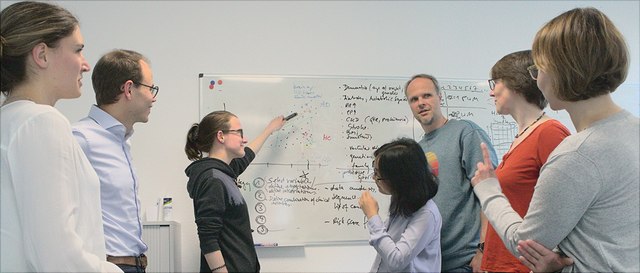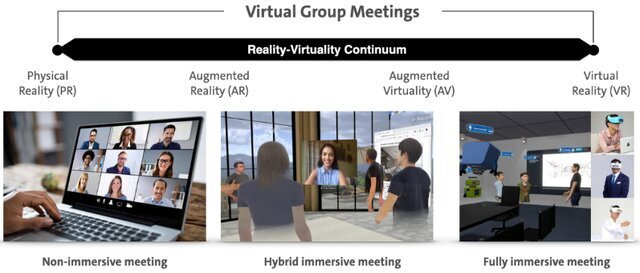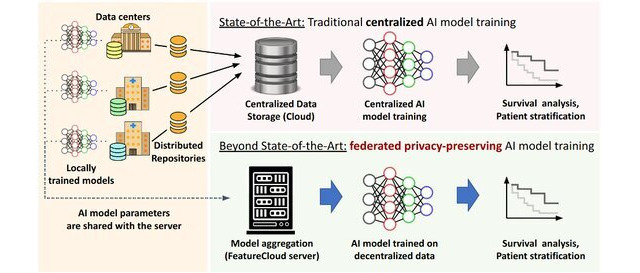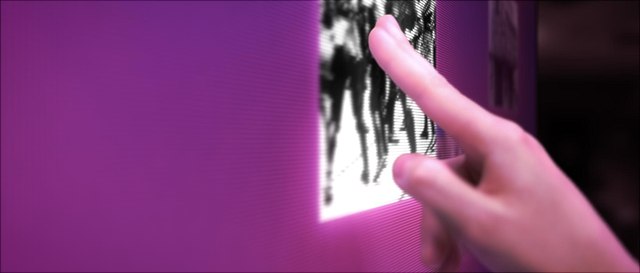Cross-Disciplinary Labs
Interdisciplinarity at Eye Level
In Cross-Disciplinary Labs, interdisciplinarity takes place at eye level: here, research questions are addressed that are of interest to both methodological science and its application in research in science and the humanities.
Despite the considerable increase of digital methods in all areas of research, a gap exists between methodological science and its users. The reasons for this are systemic: while methodologists focus on formalizing and automating repetitive tasks in processing data of all kinds, methodologists often struggle to fully understand the concerns and research goals of their colleagues. It is often difficult for users, especially those in fields more remote from technology such as the humanities and social sciences, to envision what technology can and cannot do for their specific questions, how to interpret automatically generated results, and how to assess the advantages of automated processing -even if imperfect- over manual analyses.
For interdisciplinarity at eye level, it is important that methodologists are not reduced to service engineers for users. In places where this seems necessary and useful, this is precisely a case for the Methodology Competence Center. Further, applying fields should not be reduced to constructing post-hoc explanations for the results of automated data analysis. Rather, both sides need to agree on a common vision and define accepted methods and benchmarks for evaluating the validity of research hypotheses and conduct them together in Cross-Disciplinary Labs.
Organisation and Structure
The HCDS bundles the interdisciplinary activities in the scientific landscape of Hamburg and offers a platform for exchange and support to all interdisciplinary projects at the interface of methodological science and research applying these methods.
Project funding for CDLs
Interdisciplinary research in the CDLs is supported in the sense of seed funding by financing research projects. These should meet the requirement of establishing or expanding cooperation between application and methodological disciplines in order to be able to submit successful applications based on this in larger collaborations. In addition, the project results should be sustainable overall, e.g. know-how should be transferred to the method competence center and software and data should be made available for subsequent use. For this purpose, it will be possible to apply for funding in annual competitive calls.
Association as CDL
Projects funded elsewhere in the university landscape in Hamburg have the option of constituting themselves as a new CDL or of associating themselves with an existing CDL or CDL network. This offers these projects a higher reach, better networking and extended service and consulting on the part of the Methodology Competence Center. In turn, the projects are expected to share their experiences with the Methodology Competence Center so that other projects can also benefit from them.






